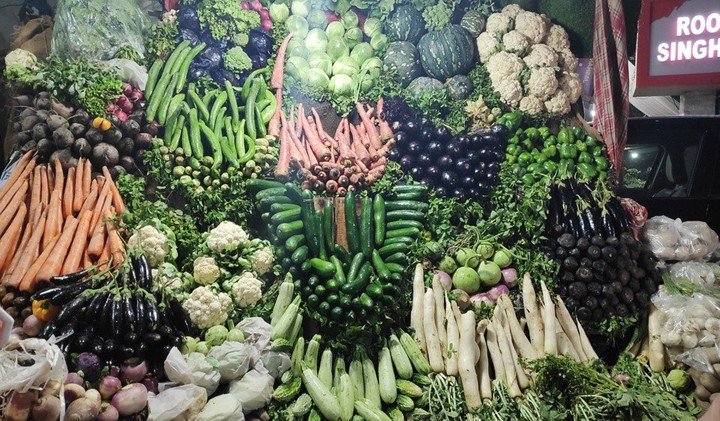The universe has acknowledged that a plant-based diet has great results for both individual health and a healthy planet. According to research published in “Proceedings of the National Academy of Sciences”, the benefits are linked to a vegan who excludes fish, eggs, poultry as well as dairy. Another study shows that millions of death will be avoided if individuals start a vegan diet. Here are the pros and cons of vegan.
Pros
1. Lower risk of illness: Vegan food lowers the risk of several illnesses. The diet is highly effective when it comes to protecting against hypertension, cardiovascular diseases, and type 2 diabetes. Moreover, vegans are less prone to get obesity, high cholesterol, types of cancer, and high blood pressure.
2. Antioxidants: When you are eating more fruits and vegetables, it means you will get more antioxidants and phytochemicals from the diet. These are powerful substances that lower the risk of contracting chronic illness.
3. Aids weight loss: Vegan diet has a major advantage which is weight loss. This is one of the reasons attracting more people to start vegan protocol. The diet has a lower amount of calories compared to a vegetarian diet. You will be excluding out meat as well as high fatty dairy. Vegan food has a lower content of fat in fruits, vegetables, and grains, unlike dairy and meat.
4. Many alternatives of B-12: Even though vitamin B-12 is only present in eggs, dairy, and meat, there are many alternative sources. Vegans can include vitamin B-12 in their diet from plant milk, cereals, nutritional yeast, and tofu. Supplements should be consumed with reason to avoid toxicity.
5. Plant proteins: There are many alternative sources of protein for individuals who do not take dairy and meat. Regardless of getting important amino acids from animal products, vegans can go for plant protein. This includes black beans, chickpeas, dried peas, adzuki beans, kidney beans, and fava beans.
Cons
1. Weight gain can be triggered by excessive weight loss: Loss of weight has overall benefits to health. However, rapid and sudden weight loss can backfire on some vegans. This is due to the restrictive nature of the vegan diet. Therefore, the first time people find themselves hungrier than before hence get highly processed sugar, carbs, and fatty food. Nutritionist expert recommends a big thought before shifting to the vegan diet.
2. Few nutrients: Diet which does not involve any animal product has no enough nutrients. Meat and dairy have key nutrients including vitamin B-12, calcium, folate, and omega-3 fatty acids. These nutrients are not available in a vegan diet. Lack of such nutrients can result in problems like loss of muscle and bone mass. It is impossible to get enough amount of vitamin B-12 in vegetables and fruits alone. Lack of vitamin B-12 causes constipation, fatigue, lack of appetite, and weakness.
3. Discomfort: It is difficult to pay much attention to plant protein such as legumes. Digesting some sources of protein can be challenging for people who are not used to them. Most legumes make your digestive tract to feel off and start bloating.
4. Poor decision: Being a vegan can make you make the wrong choices. For instance, some will stop taking soy because it is a GMO product forgetting that it is a great source of protein.



